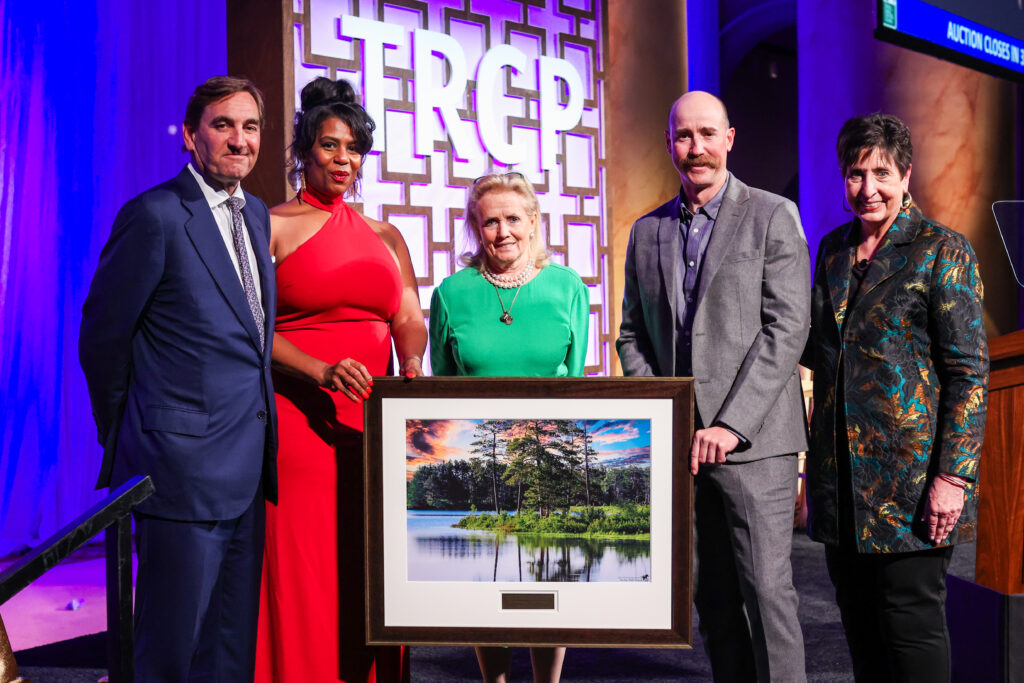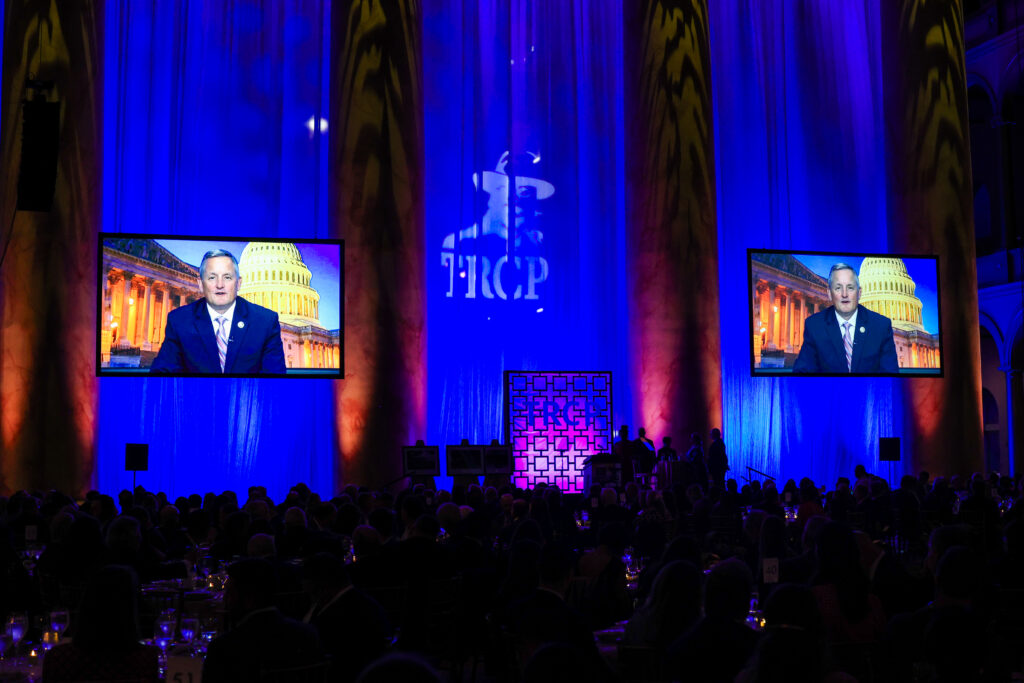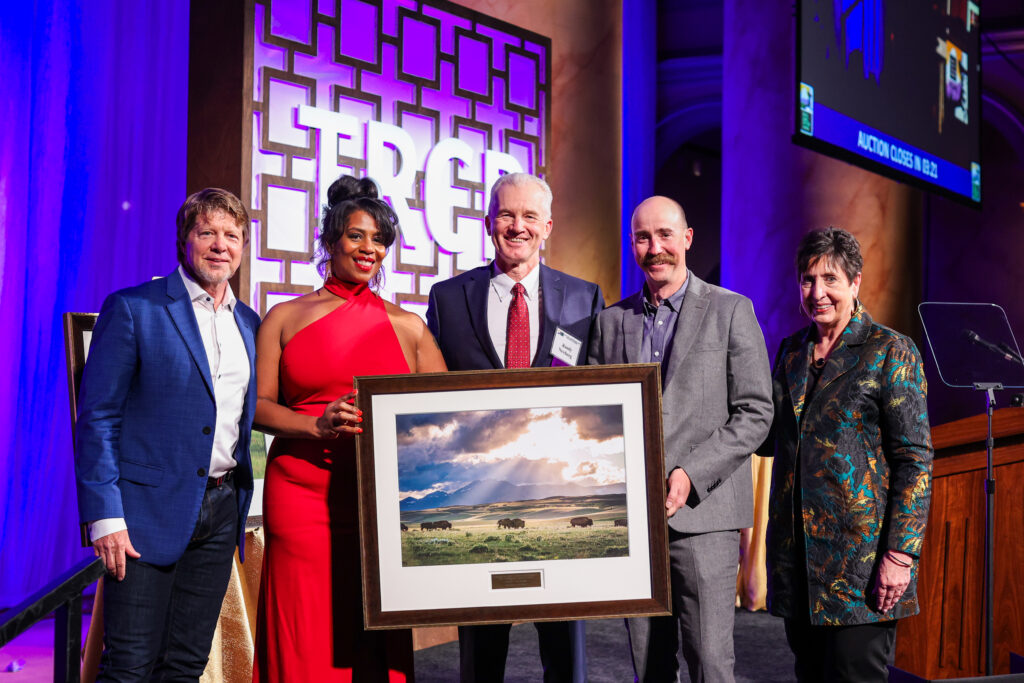The ACE Reauthorization Act aims to boost funding and provide vital enhancements to conservation programs benefiting fish and wildlife.
The America’s Conservation Enhancement (ACE) Reauthorization Act of 2024 passed the Senate on Wednesday May 8, 2024, by unanimous consent. The ACE Reauthorization Act was sponsored by Senators Tom Carper (D-Del.) and Shelly Moore Capito (R-W.Va.) and would reauthorize multiple programs that benefit hunting and angling including, the National Fish Habitat Partnership, the North American Wetlands Conservation Act, the Chesapeake Bay Program, and the National Fish and Wildlife Foundation. It also helps address threats like chronic wasting disease. This reauthorization provides technical improvements, administrative streamlining, and increased authorized funds to improve these programs.
“The America’s Conservation Enhancement Reauthorization Act will benefit fish and wildlife while enhancing outdoor recreation opportunities for millions of hunters and anglers,” said Becky Humphries, CEO of the Theodore Roosevelt Conservation Partnership, “TRCP applauds the Senate’s passage of this important bipartisan legislation and looks forwards to building on the success of these crucial programs.”
The original ACE Act was passed in 2020 and sponsored by Sen. Tom Carper (D-Del.) and Sen. John Barrasso (R-Wyo.). Many of its authorizations expire next year, necessitating the passage of the ACE Reauthorization act to ensure these programs can continue to operate in good legal standing.
The ACE Act is co-sponsored by Senators Ben Cardin (D-Md.), John Boozman (R-Ark.), Alex Padilla (D-Calif.), Roger Wicker (R-Miss.), Sheldon Whitehouse (D-R.I.), Markwayne Mullin (R-Okla.), Chris Van Hollen (D-Md.), Bill Cassidy (R-La.), Ron Wyden (D-Ore.), Cindy Hyde-Smith (R-Miss.), Lindsey Graham (R-S.C.), Gary Peters (D-Mich.), Angus King (I-ME) and John Barrasso (R-Wyo.).
The legislation is endorsed by the Theodore Roosevelt Conservation Partnership, Ducks Unlimited, the Congressional Sportsmen’s Foundation, the National Wildlife Federation, American Sportfishing Association, the Association of Fish & Wildlife Agencies, Backcountry Hunters and Anglers and the National Audubon Society.
The TRCP looks forward to working with the House of Representatives to ensure this essential legislation for hunters and anglers becomes law.
TRCP works to maintain and strengthen the future of hunting and fishing by uniting and amplifying our partners’ voices in conserving and restoring wildlife populations and their habitat as challenges continue to evolve.
Learn more about TRCP’s commitment to healthy habitat and clean water here.
Photo: Josh Metten













